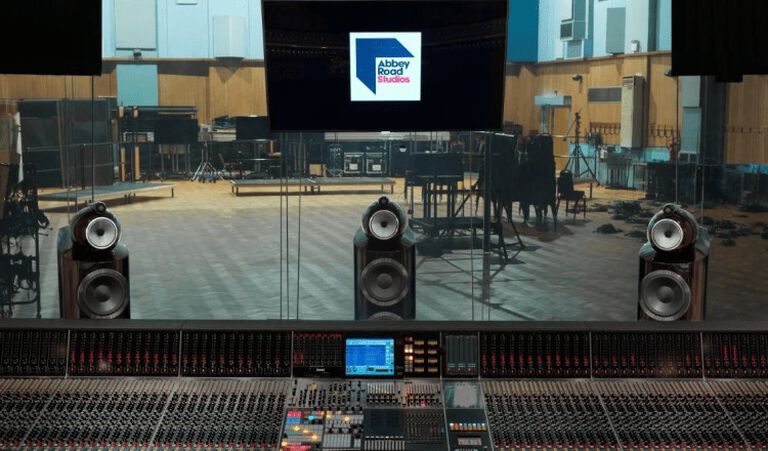Celebrating the Film Score
The Emotional Impact of Music in Film
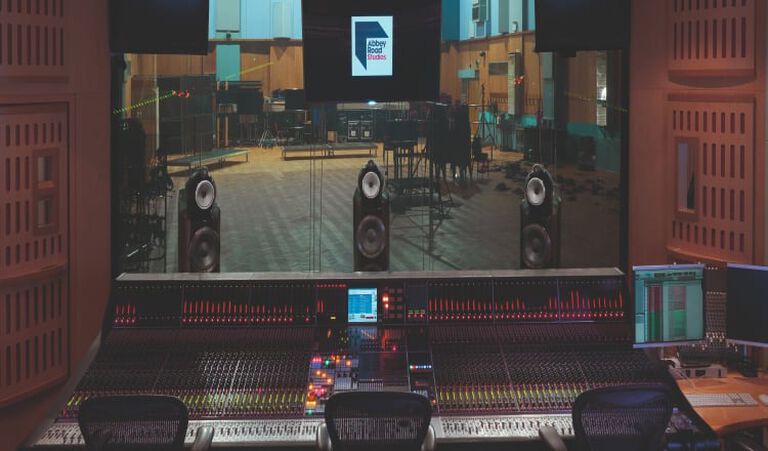
A pairing of imagination
It's hard to imagine what the most significant pieces of cinema would be like without the soundtracks that accompanied them. Would they have risen to such acclaim? Would they be the notable and respected works they're known as? The short answer is probably not. The use of music in film can be paramount to the finished product and, in some cases, can be even more memorable than the visual aspects.
Over the years, there have been numerous scores that evoke such a strong emotional connection that they've become culturally iconic. Think about Spielberg's Jaws , for instance, the film that made people terrified to go into the ocean – or any body of water, for that matter. When picturing a shark gliding through the dark depths, the sound that springs to mind is that ominous "dun dun… dun dun...". John Barry's "James Bond Theme" is another classic example. It's an arrangement that can make anyone feel like a secret agent, donning a tuxedo with a concealed weapon and a supercar, just from hearing that orchestral trill.
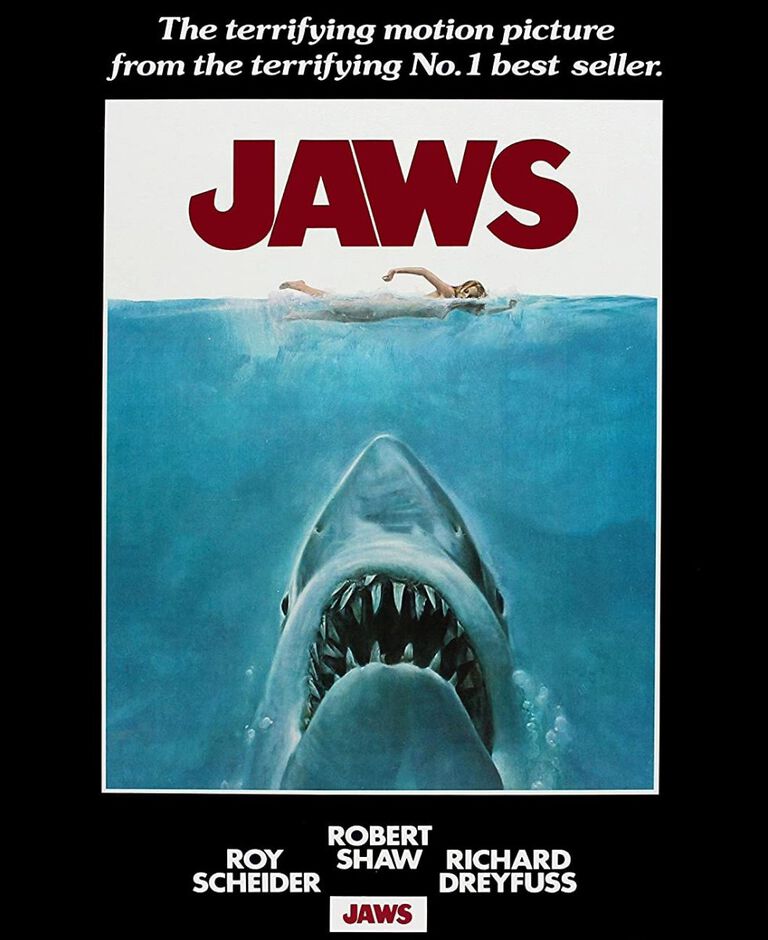
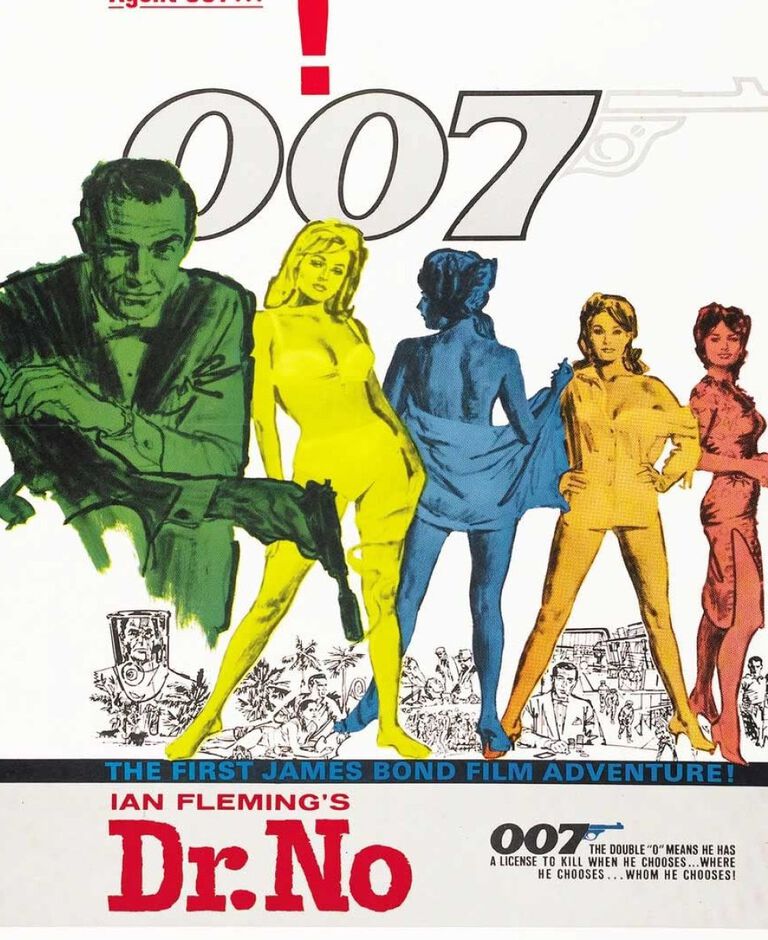
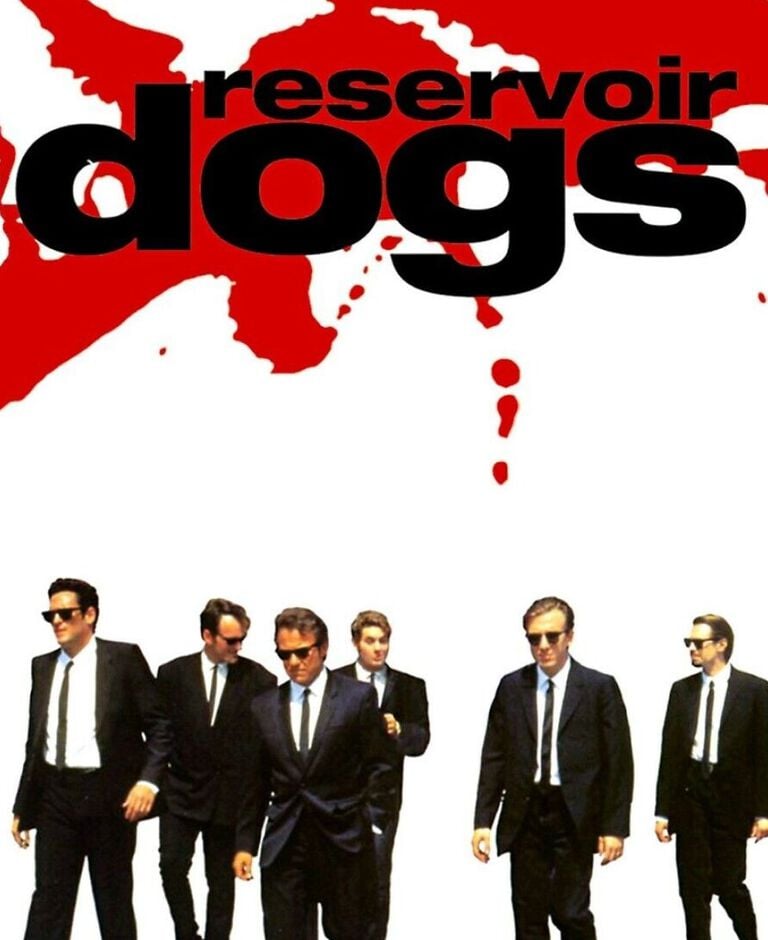
On occasion, a famous musician, singer or songwriter is tasked with the creation of a film's score – and, at times, heads up the role of the main character. Daft Punk's futuristic aesthetic and musical style was perfect for their involvement with the Tron: Legacy motion picture, as was Arcade Fire's melancholic offering for the inventive love affair of Her. Additionally, Jailhouse Rock, which starred Elvis Presley, saw the King of Rock and Roll not only feature in the film but record and perform many of the movie's main musical pieces.
It doesn't always have to be a bespoke score, however. Picture that scene from Quentin Tarantino's Reservoir Dogs where "Stuck in the Middle with You" by Stealers Wheel plays – we won't go into too much detail about this, but yes, it's the ear scene. These memorable prompts even expand to TV shows – most notably the likes of Friends or The X-Files, to name a few. Their soundtracks and scores are engrained in our subconscious, and it's almost impossible to hear these pieces of music without instantly recognising their contribution to film and pop culture.
But what is it exactly that connects these pieces of music to the audience emotionally and results in a great film score? There are undoubtedly nostalgic elements to consider, as well as the constant cultural references associated with the themes we encounter daily, not to mention our repeated exposure to them and their composers. There's much to unpack here. So, without further ado, Action!
The importance of the score
George Lucas famously once said that "sound is 50 per cent of the movie-going experience." Music and sound will always help strengthen the emotional connection we have with a specific event or experience and impact the way we feel, so it's only natural that this builds a lasting impression within film.
The role of music in film can provide the viewer with cues on what's about to happen, the mood a particular scene should elicit, or how the protagonist and antagonist are feeling. The latter certainly helps with immersing the viewer and builds relatable characters they can empathise with – or despise. Depending on the type of film you're watching, be it a sci-fi movie alive with sharp strings reminiscent of Ennio Morricone's score for The Thing; a historical epic like Dunkirk with an ominous bass rumble that makes you physically tense up; or an animated family classic with journeying progressions like those found in Studio Ghibli's Spirited Away, the execution of the score and the mood it evokes can ultimately enhance or change the way a scene is perceived.
After all, Ennio Morricone explains in his 2019 book, Ennio Morricone: In His Own Words, that "most of the time, people experience the music in a film as a subconscious suggestion… In other words, music manages to show what is not visible, to work against the dialogue or, even more, tell a story that the images do not reveal".
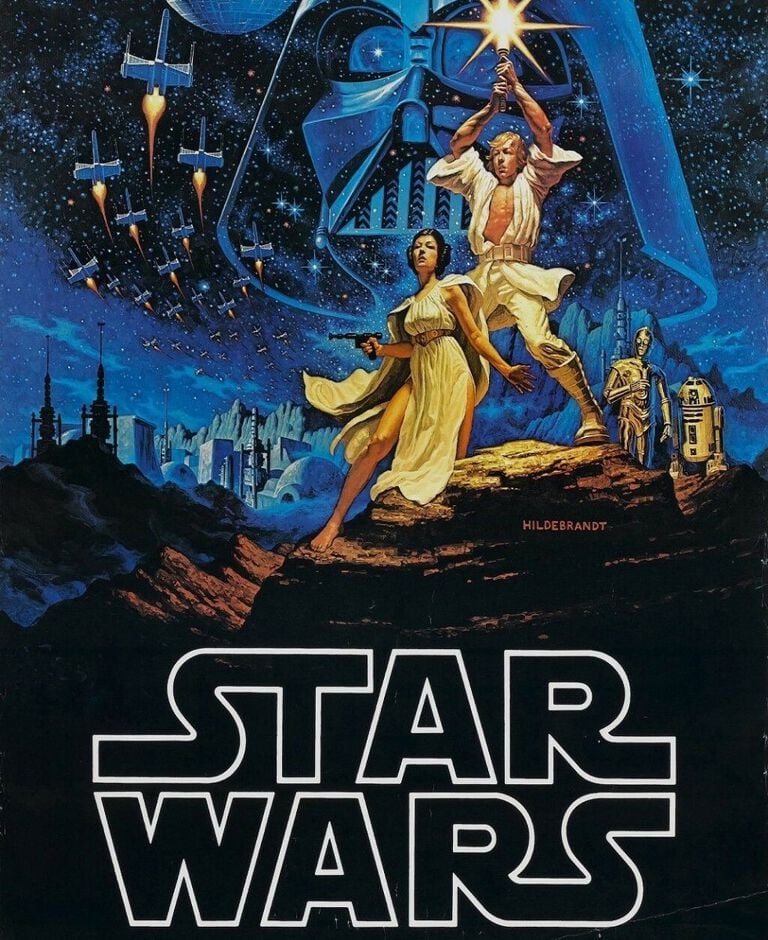
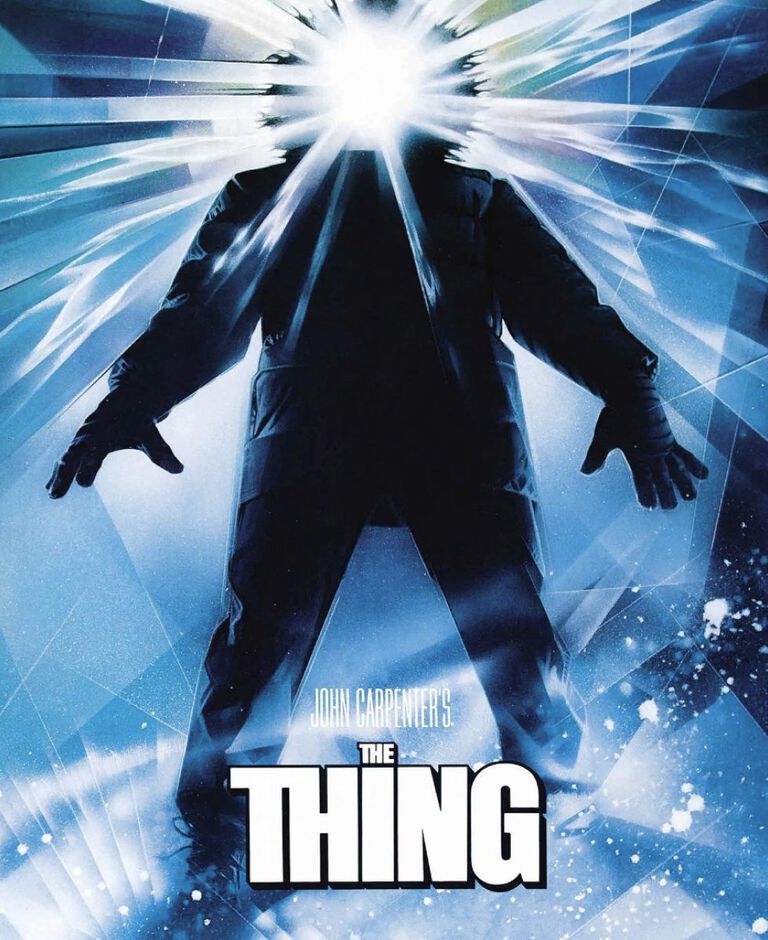
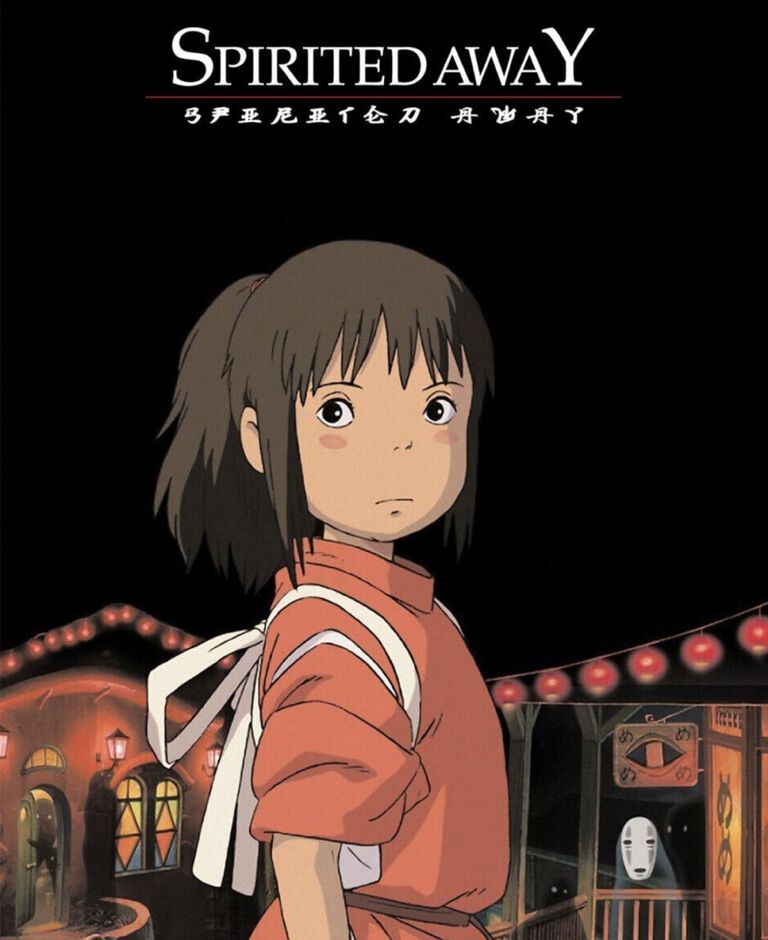
Against the grain
The usual tropes would see an eerie theremin paired with a sci-fi flick or a sentimental love song coupled with a rom-com, but, occasionally, when done correctly, using purposefully mismatched "anempathetic" sound in a film can have exceptional results. Quentin Tarantino is an advocate for this – remember the Reservoir Dogs scene mentioned above? Stanley Kubrick's final sequence in Dr. Strangelove, where the atomic bombs drop to "We'll Meet Again" by Vera Lynn, is another fantastic example, as well as Louis Armstrong serenading the senseless destruction in Good Morning, Vietnam with "What A Wonderful World". This juxtaposition is a powerful and poignant tool that's hard to ignore and even more difficult to forget.
While music can be attached to the overarching genre of a film, like our sci-fi strings or the well-timed use of a whacky tuba in a comedy, distinctive audio twinned with a character or setting can have just as much of a memorable impact. A leitmotif is a powerful tool that matches a melodic phrase, figure or sound with an individual character, idea or setting and helps set the tone. Like the recognisable theme of Jaws, Darth Vader's theme, "The Imperial March" by John Williams, and the earth-shaking boom of the T-Rex in Jurassic Park can quickly strike fear into the hearts of the audience and let them know things are about to take a dark turn. Fear, although not a very enjoyable emotion, is a powerful one, nonetheless. We're always haunted by a truly scary film sequence.
Contrasting techniques
Music for film comes in many shapes and forms. Whether it's a bespoke score recorded by an orchestra, an electronically composed work by a producer or a handpicked selection of existing songs that fit the aesthetic of a scene, each method is carefully considered by the director and producer to provide the most memorable outcome – and amplify the emotional aspect of the work.
Thanks to the work of Steven Spielberg and George Lucas, alongside revered composer and long-time collaborator John Williams (Jaws, Schindler's List, Raiders of the Lost Ark, Jurassic Park), the orchestral score has become one of the most popular trademarks of the blockbuster. Classical music has a diverse range of emotive qualities, with the ability to provide soft and sombre undertones to full-on epic, triumphant climaxes. This triggering of feelings makes the orchestral score a successfully tried-and-tested method for creating compelling cinema – and exposes the masses to more classical music.
It starts with a song
Sometimes, the song comes first. Edgar Wright's film Baby Driver follows a getaway driver who makes his thrilling escapes to a carefully curated selection of classic tracks. It's even titled after the Simon & Garfunkel song of the same name. The individual hits in this soundtrack provide the foundation for which many of the scenes were built around, synchronising the action-packed elements with established anthems from different decades.
This way of working on a film soundtrack was new to Julian Slater, a two-time Emmy nominee who headed up the musical team behind the on-screen magic. Speaking to Digital Trends, he explains, "people in the sound community normally work in timecode, but for this we had to switch over and work in bars and beats." It's this seamless work that the film is championed for, making it one of the best multi-layered examples of cinema and sound working together. Using songs with existing emotional connections to the audience, brought to life through carefully designed scenes, was a recipe for success.
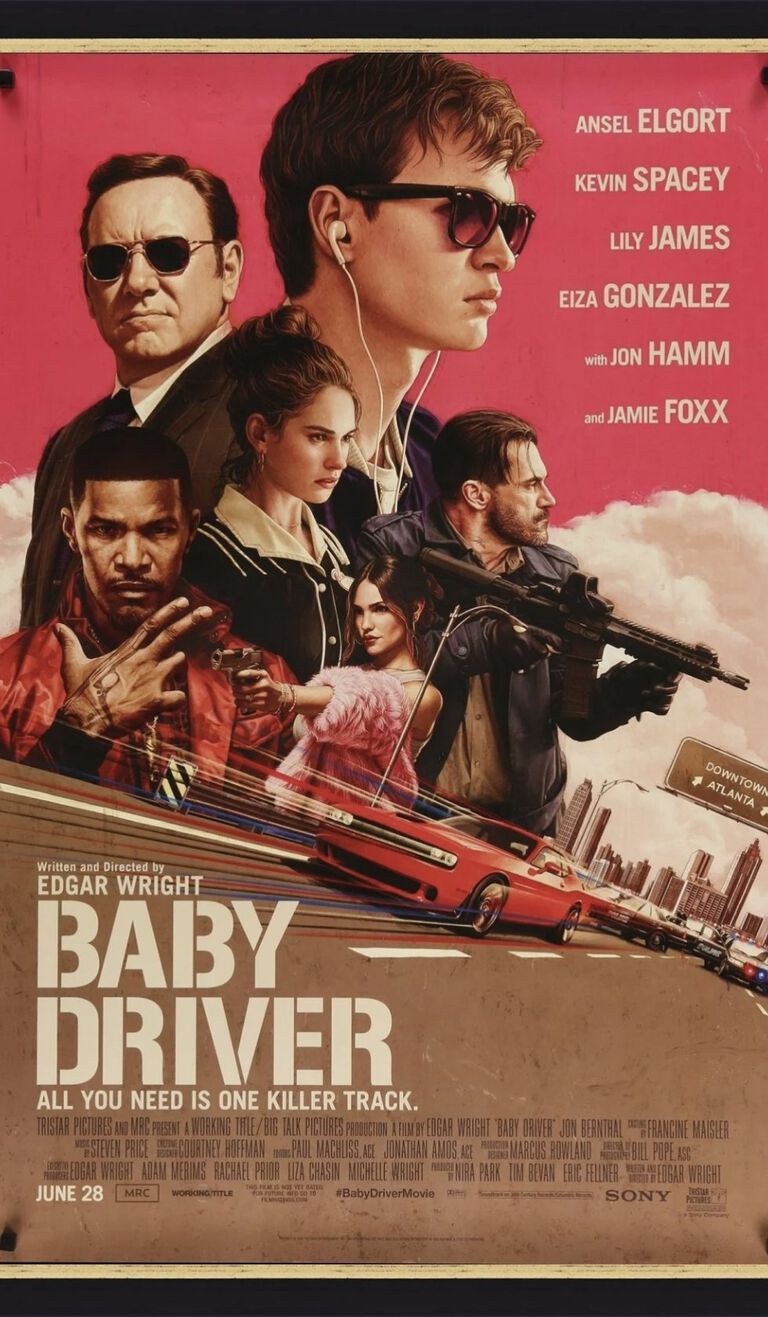

Inventing instruments
In some cases, when composers and engineers work together to create a truly innovative score, they will craft their own instruments to forge new and inventive sounds that match the backdrop of the film. Hans Zimmer's Oscar-winning score for Dune is a phenomenal example of this. In an interview with Vanity Fair, discussing the score for the 2021 epic, Zimmer explains that he's never understood why sci-fi films like Star Wars, 2001: A Space Odyssey, Alien and others use such earthly-sounding elements like orchestras. "We're supposed to be on a different planet, different culture. We're supposed to be in the future." This instinct to create something so otherworldly sounding drove Zimmer to "invent instruments that don't exist – invent sounds that don't exist."
To do this, he found inspiration in the human voice – one of the most natural and timeless instruments that, paired with compression, reverb, and an array of other effects, could create an organic yet unearthly sound. Additionally, to emulate the sound of wind whistling through the desert dunes, he enlisted the expertise of flautist Pedro Eustache, who, combining a sub contrabass flute with the ancient Armenian woodwind instrument, the duduk, was able to create new unheard sounds. The result was a striking score that fitted perfectly with the mythic nature of the film.
Lasting memories
Music is crafted from emotion – and that's why it connects with the listener on a personal level. It's this sentiment that taps into the world of film, and when visuals combine with music, they help provide a stronger connection to the experience. In a constantly connected world, it's difficult to avoid these musical motifs when their cultural status is so rich. They help us relive those treasured memories of falling in love with a film for the first time and can trigger the feelings of being utterly gripped by one.
Whether it's subtle nuances that nod to the actions of our hero or heroine, techniques used to foreshadow something mysterious or make us feel like we're living vicariously through the characters, the film score will always deliver a visceral, emotionally charged experience.
We strongly believe that the better the sound quality, the more emotion you'll feel when immersed in a great movie. As passionate enthusiasts of the film score, it's rewarding to be an integral part of the creation of so many – especially some of our favourites. With Bowers & Wilkins' 800 Series Diamond loudspeakers featuring in the world's most respected recording studios, such as Abbey Road Studios, we're there to record, monitor and engineer countless ground-breaking scores and help channel these emotions to the masses.
Browse some of our related articles
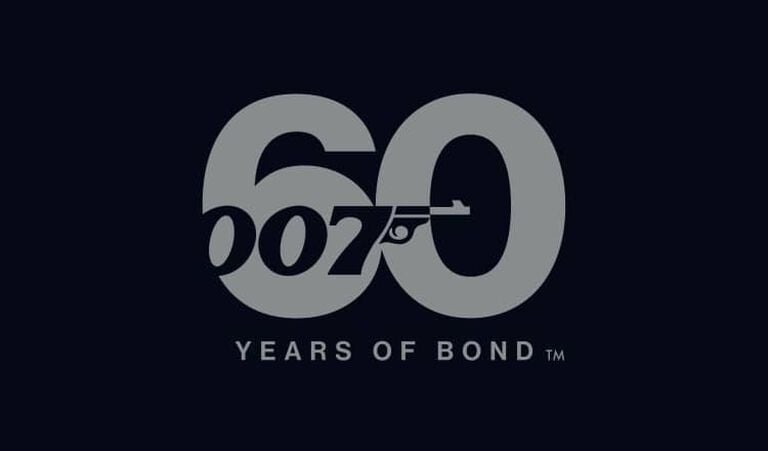
Bowers & Wilkins and James Bond unite to celebrate 60 years of Bond Music

